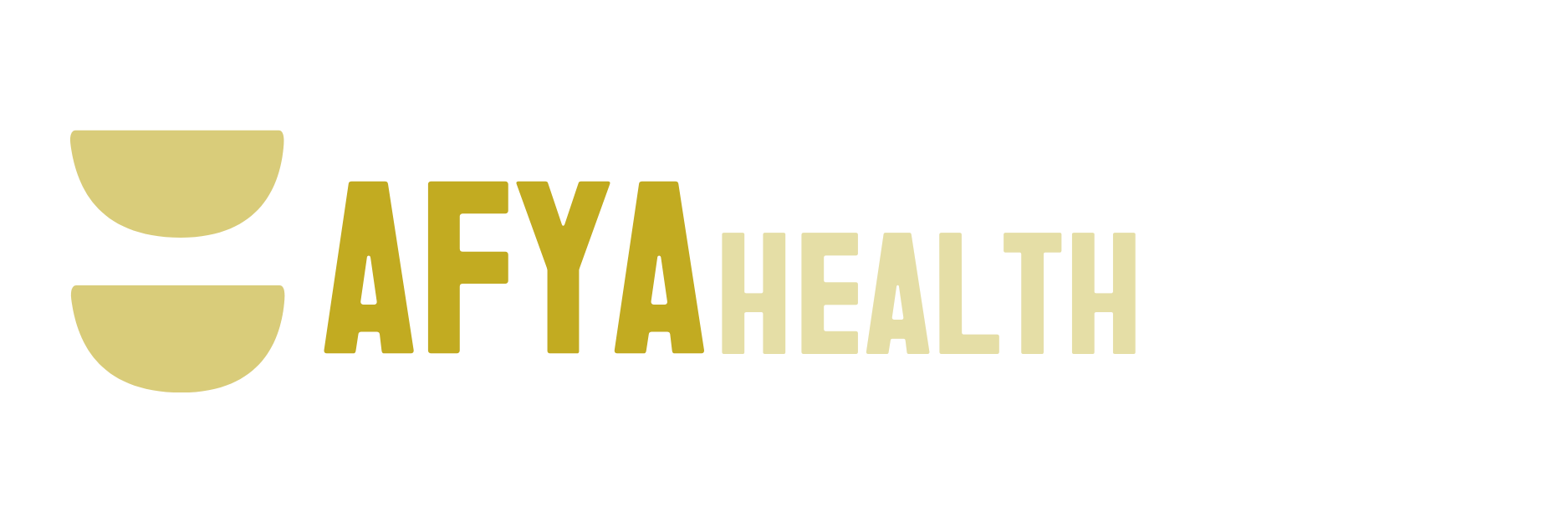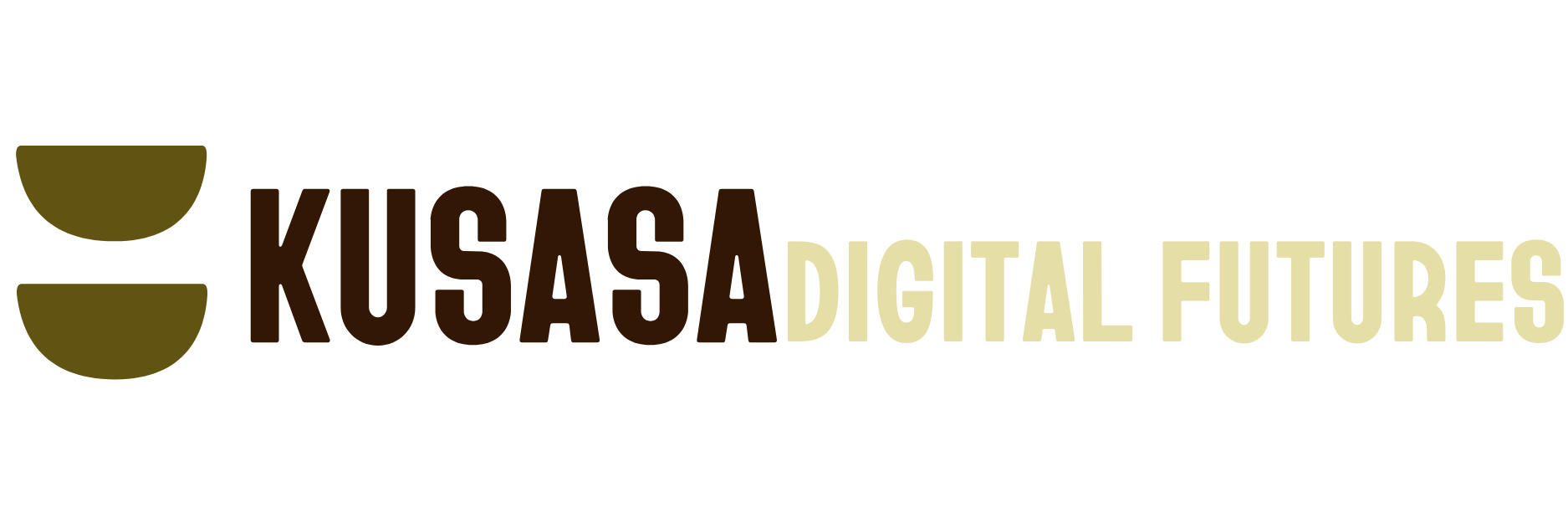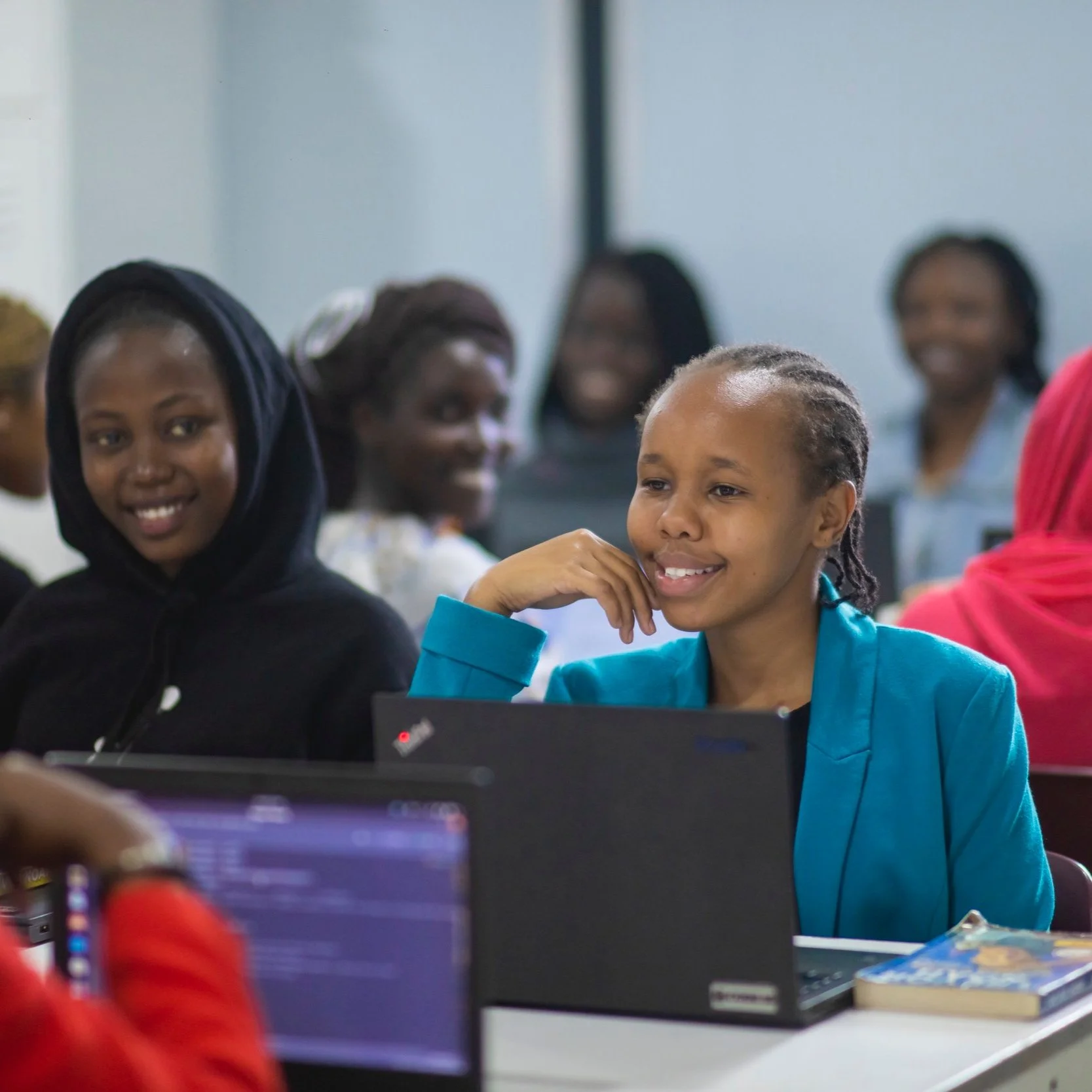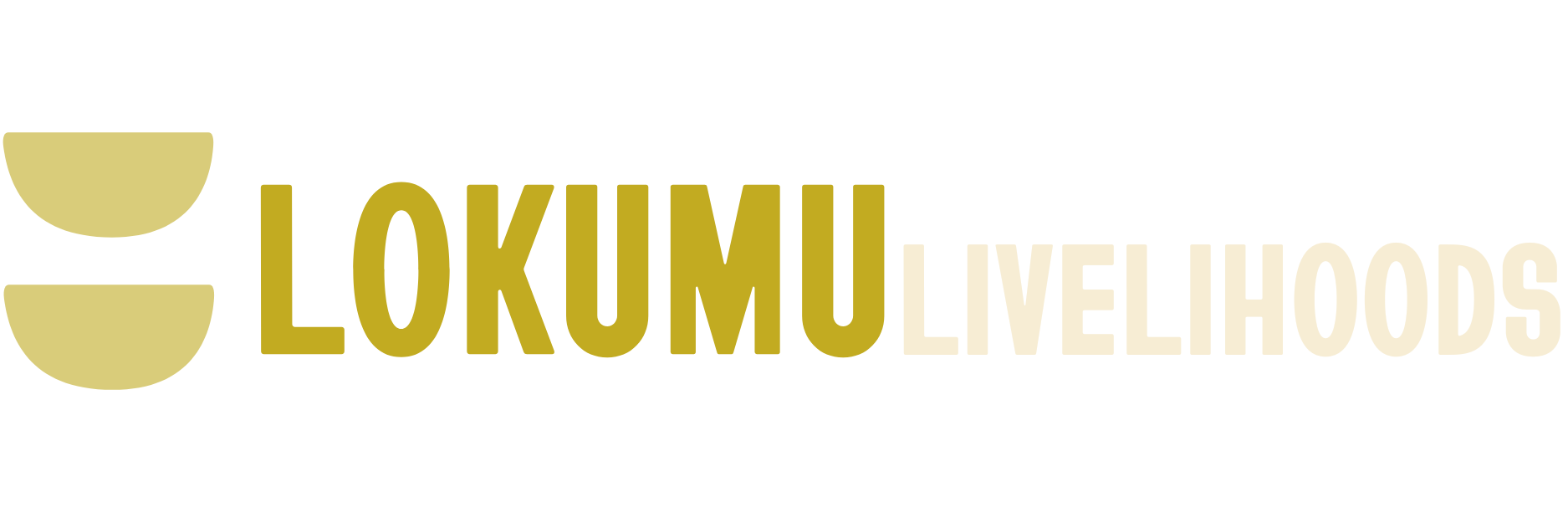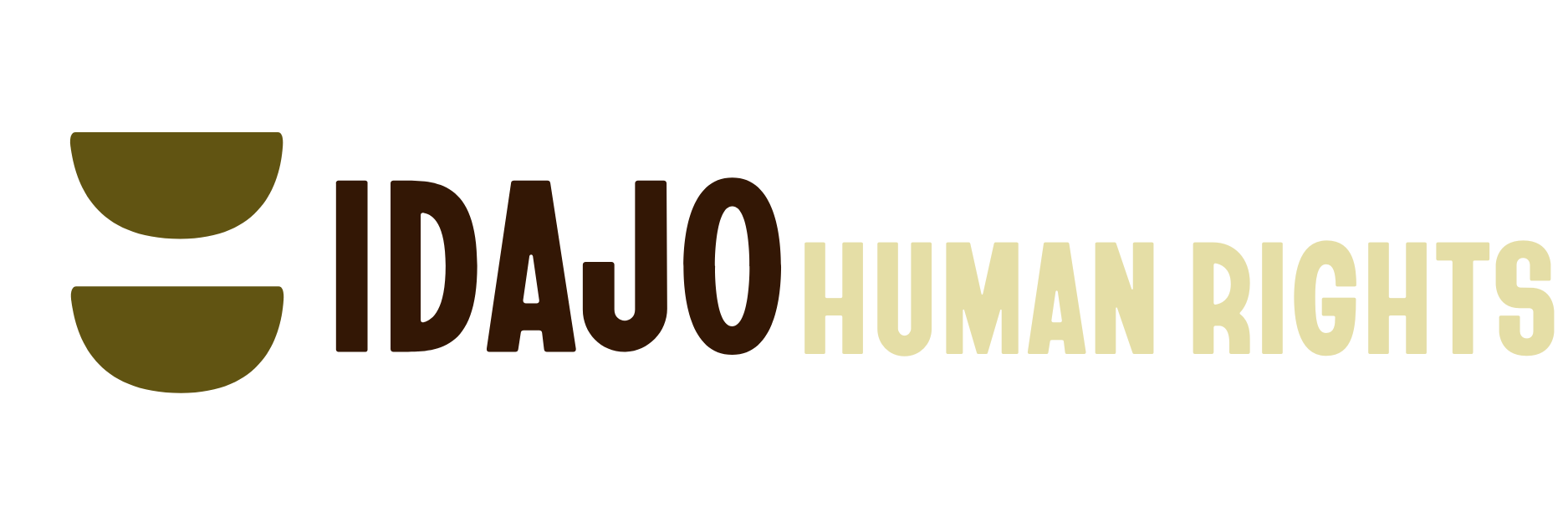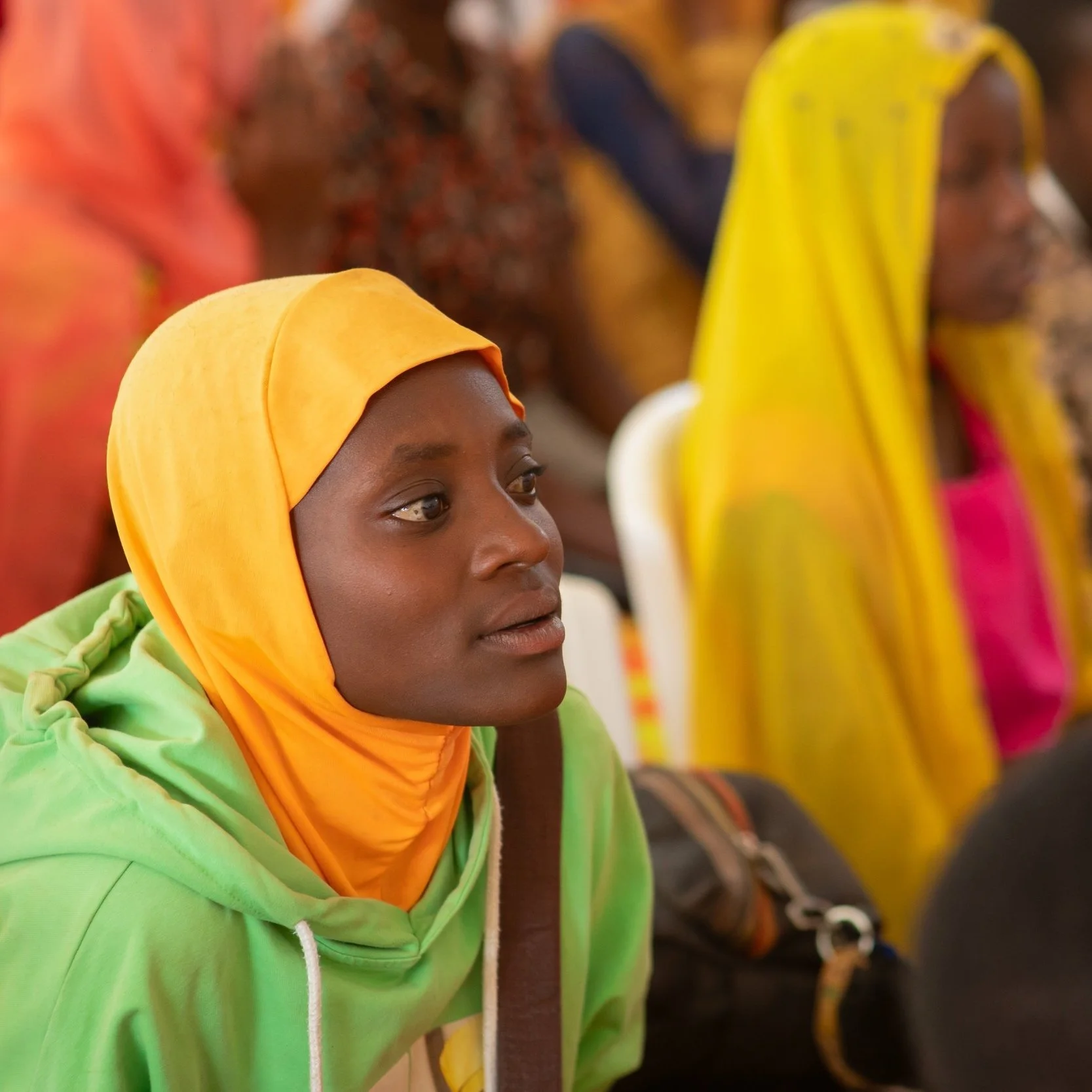Our Sector Portfolios
Our sector portfolios strengthen our efforts to connect funders and partners, turning isolated efforts into collective impact. Named in indigenous African languages to highlight local expertise, these portfolios create more opportunities for meaningful partnership by enabling strategic community-building, facilitating learning, and promoting knowledge sharing.
Afya is Swahili for both health and healthy, and our partners deliver on the promise of both. They focus on improving community wellness by building resilient health systems, training health care providers, and reaching communities with mental and physical health interventions tailored to their unique needs. Our portfolio partners turn limited resources into solutions to challenges ranging from maternal to behavioral health care, to disease prevention, to emergency preparedness.
Education can be a catalyst for development when it offers students the tools they’ll need to thrive in their communities. Sani, the Hausa word for wisdom, reflects the local perspective our partners bring to their work creating community-specific interventions . Their organizations address primary to tertiary education exclusion and to connect children, youth and adults with the training and skills development they’ll need for the jobs of the future.
As tech unlocks new possibilities, our partners are driving innovations that will bridge the digital divide and improve lives. Our focus is on African organizations building a brighter digital future - captured by the Zulu word kusasa. African-led organizations are already finding new ways to use tech to expand access to STEM education and e-learning, and to digitize everything from finance to agriculture to healthcare.
The Lingala word for dignity, lokumu, describes our partners’ approach to improving livelihoods. They focus on reducing barriers to employment, connecting small producers to larger markets, offering skill development and training, and generating inclusive economic growth to help individuals and communities prosper and improve overall well-being.
The work of advancing equal justice and addressing the systemic exclusion of African people starts by ensuring African organizations are at the forefront of this movement. Our partners pursue idajo, the Yoruba word for justice, by transforming the human rights landscape, calling out abuses against marginalized groups, and creating frameworks to promote peaceful, inclusive societies. African leaders are committed to creating and implementing resources, and laws that promote equity and justice.
As climate change and environmental degradation impact communities across Africa, African organizations are on the frontlines of the response. Our partners are helping their communities to conserve natural resources, enhance climate resilience, and build targeted interventions that are responsive to local ecosystems. Their innate knowledge of the local environment, captured by asase, the Akan word for Earth, and on-the-ground insight helps them craft the most effective solutions to local climate challenges and develop responsible, effective means to build sustainable communities.
Development that is not inclusive is not sustainable. Our partners see firsthand the impacts of exclusion in their communities – be it of women and girls, the LGBTQI+ community, or of other marginalized people. They respond with the pursuit of equity – or sanki in Pulaar – working at the intersection of equal rights, violence and exploitation, reproductive health, and financial inclusion.

